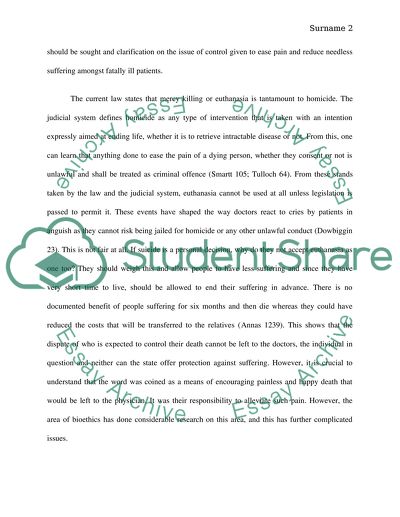Cite this document
(“Who has the Control over the Use of Euthanasia Essay”, n.d.)
Retrieved from https://studentshare.org/english/1457287-who-has-the-right-to-control-euthanasia
Retrieved from https://studentshare.org/english/1457287-who-has-the-right-to-control-euthanasia
(Who Has the Control over the Use of Euthanasia Essay)
https://studentshare.org/english/1457287-who-has-the-right-to-control-euthanasia.
https://studentshare.org/english/1457287-who-has-the-right-to-control-euthanasia.
“Who Has the Control over the Use of Euthanasia Essay”, n.d. https://studentshare.org/english/1457287-who-has-the-right-to-control-euthanasia.


